To get rolling, I’d like to explain what inspired me to write this piece. A while back, I liked a facebook page called Atheism & World Peace. Back when I started following the page, it was posting quality posts that were facts inspiring harmony among the world’s populations. I liked that so I liked the page. Recently, however, the page took on a different face and began to post some pretty hateful things about various faiths, particularly towards Christianity. To me, this seemed to be a major divergence from the initial mission and name of the page. I posted a very calm and loving message on the page’s wall explaining my concern and disappointment with this trend and I was met with anger and hate.
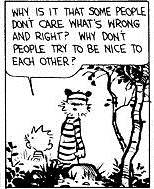
This bothered me. I sat on it for a while and finally I came to a conclusion. I have decided that it doesn't matter what you believe. I don’t care and I think that’s the healthiest way to approach others. When you and I are together, it doesn't matter how we got to that place. Were we created from mud, shaped by a divine being, fired in a kiln of love and given earth to roam, or are we the result of miniscule mutations which aided in your ancestors’ survival over millions of years? That doesn’t matter at all. Are we here now? Yes. Similarly, whether you go meet your ancestors in an intangible paradise or become fertilizer for future life on earth doesn't matter either. What matters is how you are in that moment. What really matters is if you are a good person or not.
Now, before I go on, I understand that there’s a healthy amount of what and who a person is defined by what that person knows, believes, and holds dearly, and that is important, but what matters is how you've let your beliefs affect who you are, not the beliefs. I love a lot of Christian morality, I also love a lot of Buddhist ideas and those have shaped all of my interactions because the ideas have shaped me. Do you care? Unless we’re specifically talking about it, probably not. Do I care what specific beliefs you hold dear? 90% of the time, no.
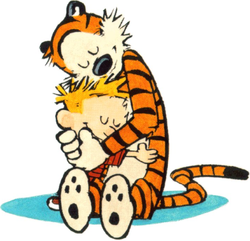
Focus instead on how you treat other people. Are you shaming good people for believing there’s an omnipotent being? If so, you’re being an asshole. The same goes for people who are discriminating against people because a book they enjoy says people who are attracted to people with the same genitalia are bad people. The list goes on and it’s best if we don’t dwell on this list.
Instead, we should focus on how we interact with others. Are we engaged with our present moment and company? Are we showing love and understanding? Are we avoiding the arrogant temptations of superiority? I aim to answer, ‘yes, yes, no,’ when I run my personal assessment. I think those three questions and answers are great ways for me to check to make sure I am having a positive impact online.
Being a good person to others is hard to do online. I get that. We communicate through a machine, be it a cell phone or a computer. Machines don’t have feelings. You can’t offend your computer. You can crash it, but you can’t damage it emotionally. It’s easy to forget that we are not talking to computers when we are interacting online. Unless you have established a report, treat others tenderly online. You may be strong, but that doesn't mean everyone can handle what you are okay typing. One thing I heard recently and will encourage is that you don’t forget the human.
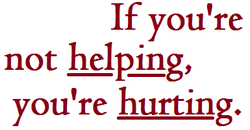
Also, a thanks to Bill Watterson for Calvin and Hobbes. I don't want to imagine where I'd be without the insight and introspection of the Calvin and Hobbes comic strip.

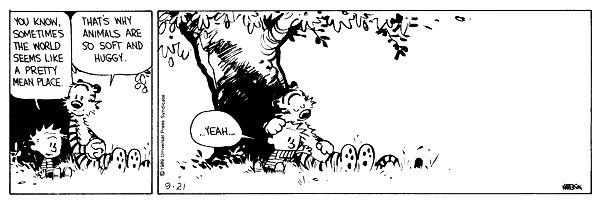
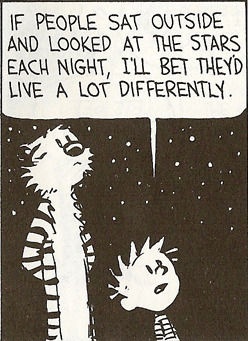



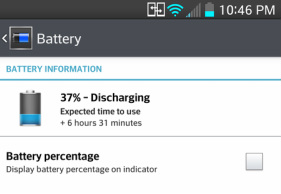



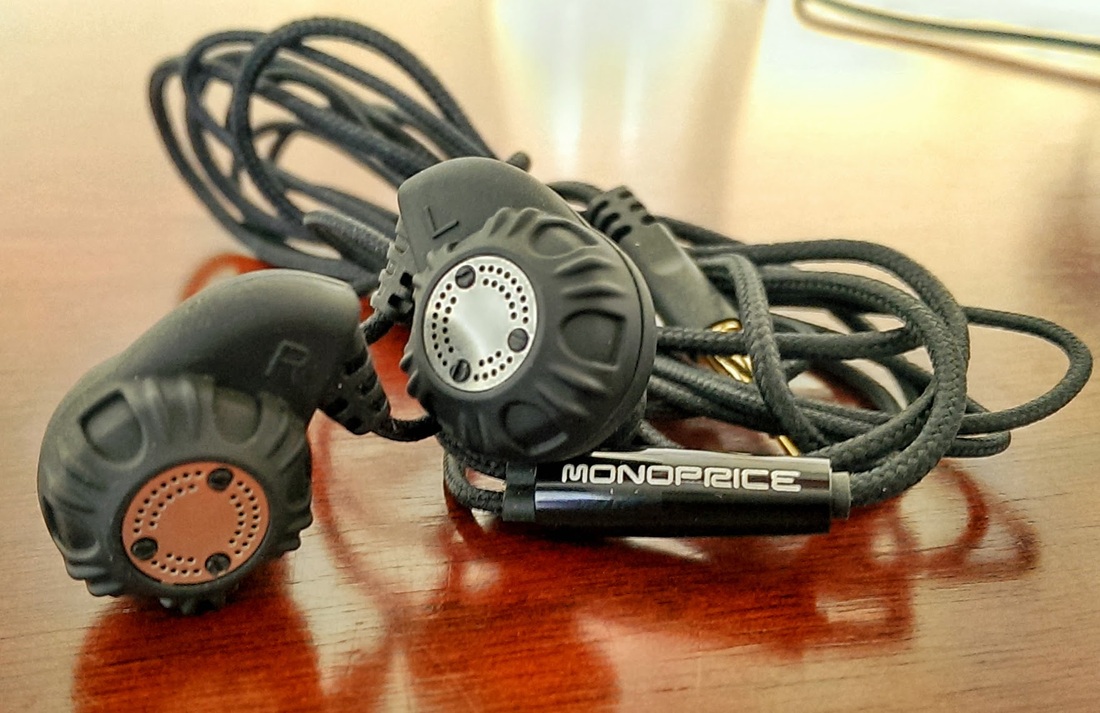
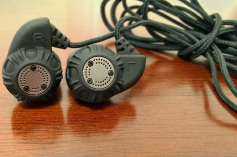
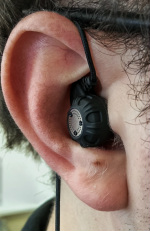

 RSS Feed
RSS Feed
